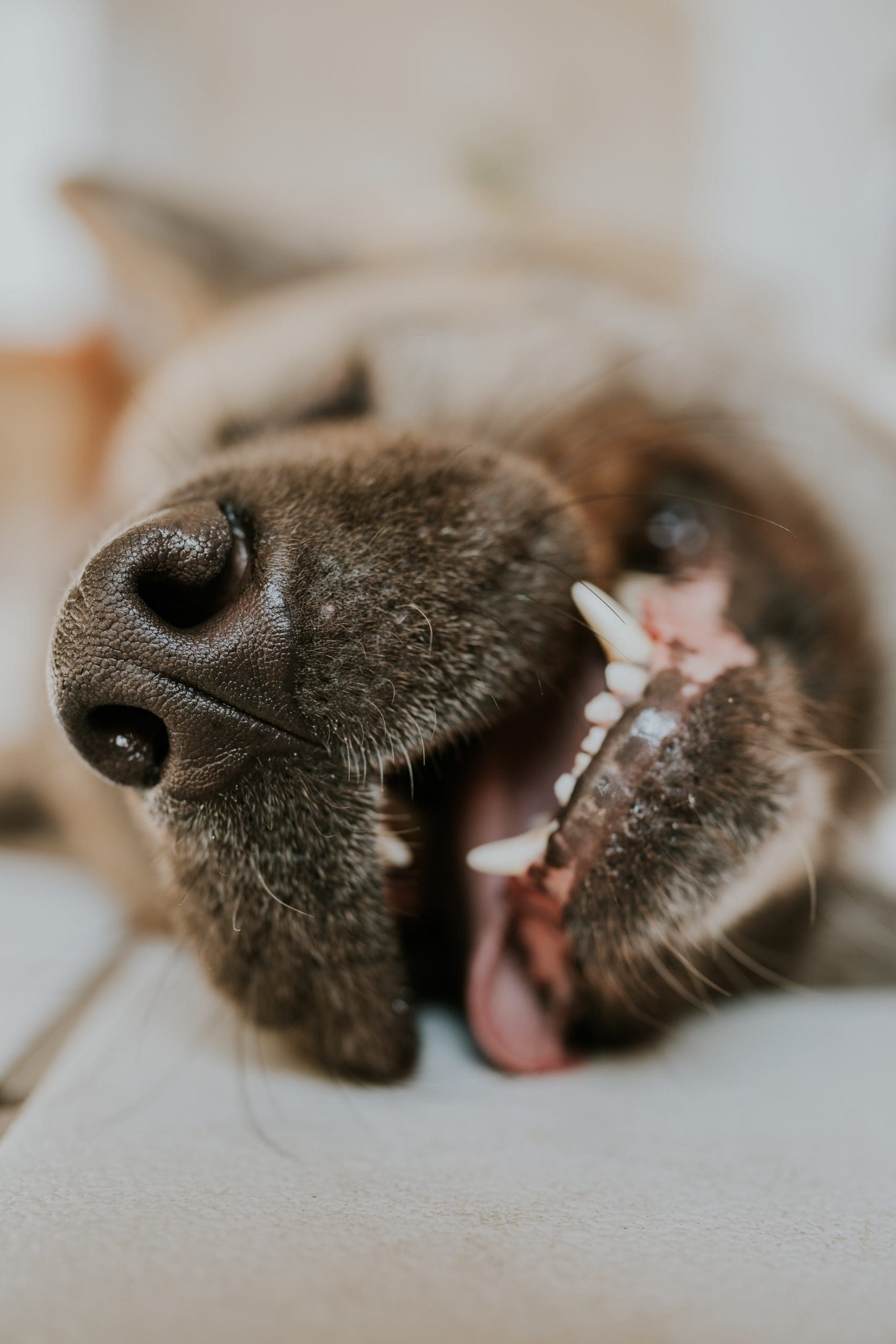
Health Issues
One possible reason for your dog’s lack of appetite could be an underlying health problem. Like humans, dogs can experience various health issues that affect their desire. It’s essential to watch for any other symptoms your dog might be showing, such as lethargy, vomiting, diarrhea, or changes in behavior. If you notice these signs, consulting with a veterinarian is vital to rule out any medical conditions.
Dental Problems
Sometimes, dental issues can make eating uncomfortable or painful for dogs. Imagine trying to enjoy a meal with a toothache – it’s not easy! Dental diseases, such as gum infections, tooth decay, or broken teeth, can cause discomfort and decrease appetite. Regular dental check-ups and oral care are crucial for your dog’s overall health and can help prevent these issues.
Emotional Factors
Believe it or not, dogs can also experience emotional changes that affect their eating habits. Just like humans, dogs can feel stressed, anxious, or depressed, which may result in a loss of appetite. Significant life changes, such as moving to a new home, the arrival of a new family member, or the loss of a loved one (human or furry), can impact their emotional well-being. Providing a calm and secure environment, spending quality time with your dog, and offering reassurance and love can go a long way in helping them regain their appetite.
Dietary Preferences
Sometimes, the simplest explanation is that your dog is just being picky. Dogs, like humans, can develop preferences for certain flavors or textures. If you’ve recently changed their food or introduced a new treat, they may simply be holding out for something more appealing. However, it’s essential to ensure that any changes in their diet are made gradually and with the guidance of a veterinarian to avoid any digestive upsets.
Age and Activity Level
As dogs age, their metabolism slows down, and their activity levels may decrease. It’s natural for older dogs to have a reduced appetite as they require fewer calories. Similarly, decreased physical activity can lead to a reduced desire to eat. Monitoring your dog’s weight and adjusting their diet accordingly, in consultation with your vet, can help maintain their overall health and well-being.
In conclusion, if you wonder, “Why is my dog not eating?” it’s crucial to consider the abovementioned factors. Remember to consult a veterinarian if you have concerns about your dog’s health or appetite. Keep a close eye on their behavior, provide a balanced and nutritious diet, and offer a loving, stress-free environment. Your furry friend’s well-being is worth the effort, and together, you can help them get back to enjoying their meals and living their best, healthy lives.
[/fusion_text]

